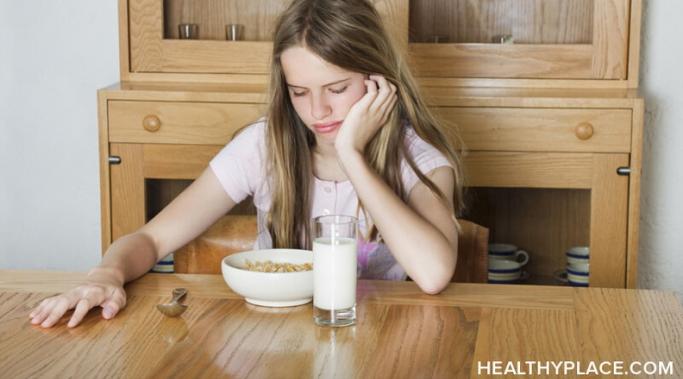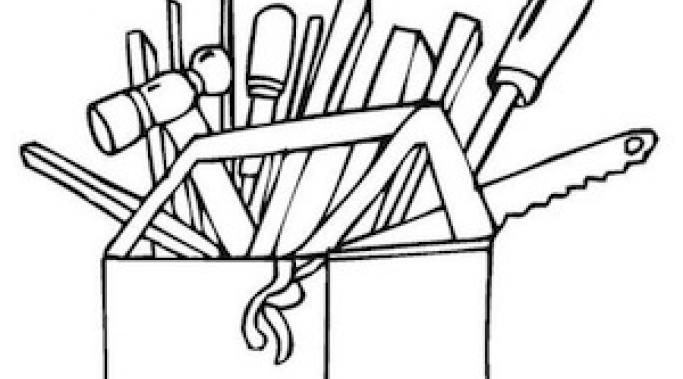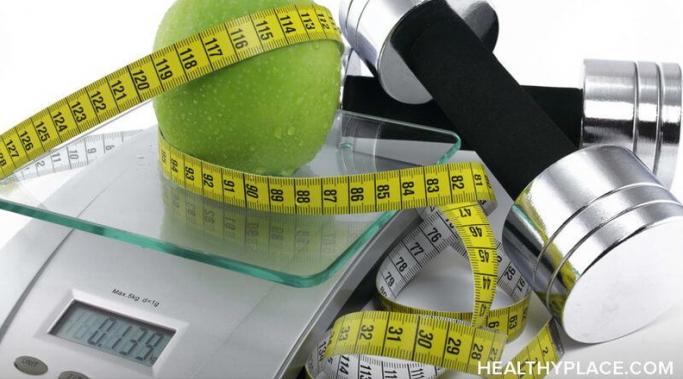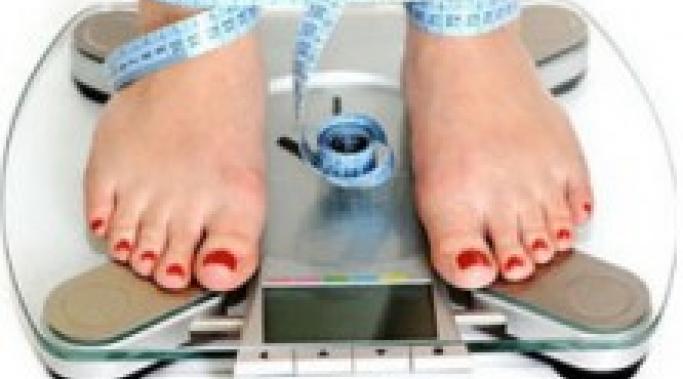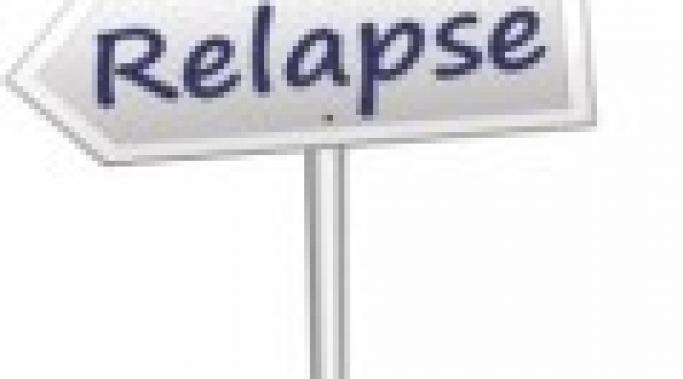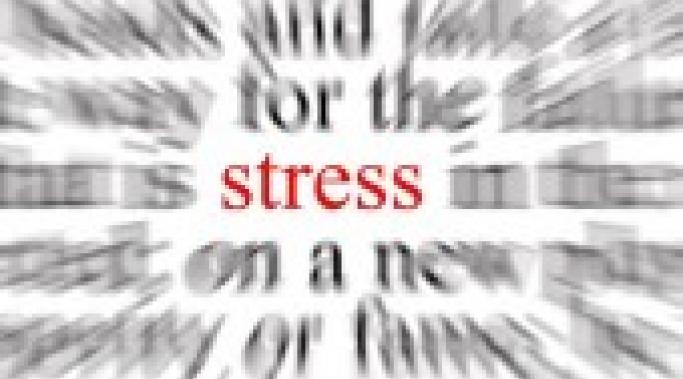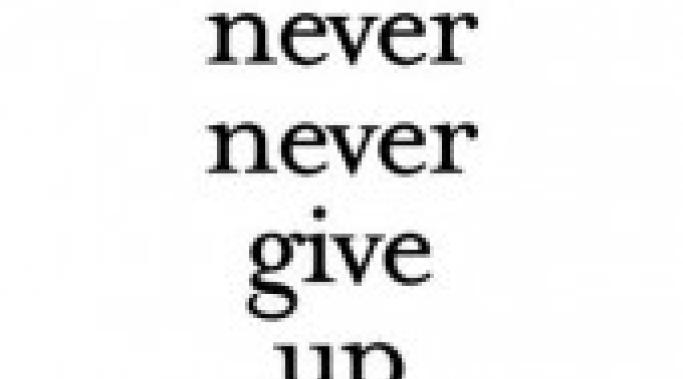Last week, I shared with you some of my tips for managing eating disorder triggers when attending social events. This week, I’d like to continue by discussing eating disorder triggers related to food anxiety and how to avoid and cope.
Relapse Prevention
Feeling triggered during social events? So am I! Eating disorder triggers seem to come from every direction, but is there anything you can do about them?
My name is Patricia. A few months shy of my 32nd birthday, I’m approaching the fifth year anniversary of my eating disorder recovery. While I consider myself recovered from bulimia, this milestone has been occupying my thoughts in recent months. One recurring theme involves asking myself what does it actually mean to be “in recovery” from bulimia and when do you actually become “recovered”?
One thing I didn’t address in my last post about what you can learn from eating disorder relapse was coping skills. Honestly, I started to, but coping skills really deserve a post all their own. When I was crafting my eating disorder recovery plan last summer, I had literally a two-page list of coping skills to use when I felt like I wanted to use eating disorder or self-harm urges. Awesome, right?
Well, sort of. Having a two or three or ten page list of coping skills isn’t going to do anything for your eating disorder recovery unless you’re actually using them.
Facing an eating disorder relapse, I’m settling into my first full day of inpatient eating disorder treatment. So in case my beating around the bush in previous posts didn’t make it clear: I’ve relapsed back into my eating disorder. I wish I could say this was uncommon. It’s not – estimates for relapse in the first year after eating disorder treatment are nearly 50%. I’ve been bouncing in and out of treatment for three years now; I have met women who have been doing so for ten years or more.
And while I could go into a long diatribe about how the eating disorder relapse rate might be lower if insurance companies covered treatment earlier in the disorder (oh wait – I’ve already done that), instead I want you to consider something. Maybe a little relapse can be good for your eating disorder recovery.
Let's be honest: my eating disorder recovery is...shaky at the moment. I admit this to you for two reasons. One: if you're also in recovery from an eating disorder and having a rough time of it, that's normal and you're not alone. Two: if you're on the outside looking in, don't be fooled into thinking that just because your loved one "looks" normal, or stopped purging, or stopped over-exercising, that they're not still struggling.
The fact is, struggling is part of the journey. Nobody said recovering from anorexia, bulimia, binge eating, or any other disordered eating pattern would be easy - and if they did, they were lying to you.
I caught myself thinking the other day, "I wish I JUST had an eating disorder" or "I wish I JUST had bipolar." Meaning, of course, that I wish I only had to deal with one of my many mental health diagnoses as opposed to dealing with them all at once.
It started with the heat.
I couldn't eat because I was too hot. That's a good reason. right?
Of course, I could have done a number of things to combat that. Made smoothies. Have salads with added protein of chicken or fish. Splurge on ice cream once in a while.
And I did do that, grudgingly, at first. I got a orange banana smoothie at Barnes & Noble, and felt oh-so-virtuous. See, I am trying! I'm not slipping...I'm eating intuitively.
Then I had a chicken caesar salad at McDonald's. Drizzled a minute amount of salad dressing on it. I don't want soggy lettuce, do I? Ate some of the chicken, a few bites of the lettuce. Ugh, iceberg lettuce! Don't they realize that has absolutely no nutrients?!?
Yesterday, I ate virtually nothing.
And that is the anatomy of a relapse? Or a lapse?
It is 11:22 p.m. and I'm still staring at the blank computer screen. My head hurts. My stomach feels queasy. I'm tired.
The worst part? I struggled to eat today. Not because the eating disorder voice hammered at me. Not because I felt compelled to lose weight.
But because I simply did not feel hungry.
Stress kills my appetite. Now I have to make sure it doesn't kill my recovery from anorexia.
I have been struggling to eat normally — whatever normal is — for several weeks. It's not that I have stopped eating altogether, because let's face it, even anorexics have to eat something. It's not even that I'm in starvation mode — yet.
It has just become easier to skip breakfast, because hey, it is 10 a.m. before I think about it and it is only two hours away from lunch. Then lunchtime comes and I "forget" to eat until about 2 or 3 p.m. That's too close for dinner, so I might as well make lunch do for dinner, too.
Still, I am eating and I am committed to recovery. I know that I was not healthy before and that I need to continue to eat healthy and maintain my weight. I know that skipping meals, especially breakfast, is not a good idea.
I thought I was doing okay. Then I drank several glasses of wine last night.
